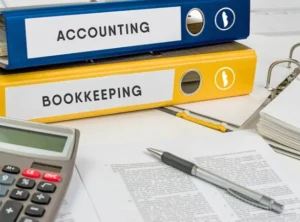If you’re a real estate professional in Canada, you know your business is more than just closing deals, it’s managing a complex flow of commissions, expenses, and taxes. Accurate bookkeeping for real estate professionals is critical to keep your finances organized, stay CRA-compliant, and ultimately keep more of what you earn. Whether you’re a self-employed agent or part of a brokerage, specialized bookkeeping can make a big difference in your financial health and peace of mind.
In this blog, we’ll walk through why bookkeeping for real estate agents is so important, the common challenges they face, what financial records to keep, and how professional bookkeeping services can help you thrive in the Canadian market.
Why Real Estate Professionals Need Specialized Bookkeeping
Bookkeeping for real estate professionals is unique because your income and expenses often fluctuate month to month. Commissions come in at different times, and you may have multiple deals, client reimbursements, and property-related expenses to track. Unlike traditional businesses with steady salaries or sales, real estate agents often juggle irregular cash flow.
Keeping clear financial records helps you avoid mixing personal and business expenses, simplifies tax filings, and gives you a real picture of your earnings. It’s about staying organized and making sure every dollar you earn is accounted for. Proper bookkeeping also helps you plan for slower months and manage your cash flow better.
What Financial Records Should Real Estate Agents Keep in Canada?
The Canada Revenue Agency (CRA) requires self-employed professionals, including real estate agents, to keep accurate and detailed financial records for at least six years. This includes:
- Commission statements and sales records: Proof of your income from property sales.
- Receipts for expenses: Marketing, office supplies, client meetings, vehicle costs, and home office expenses.
- Mileage logs: If you use your vehicle for business, tracking kilometres driven is essential for claiming vehicle expenses.
- Bank statements: Separate business accounts make this easier to organize.
- GST/HST filings and remittances: For agents registered to collect GST/HST.
Digital copies are accepted by the CRA, but make sure you have reliable backups and a consistent filing system.
Common Bookkeeping Mistakes Real Estate Professionals Make
Many real estate professionals fall into common bookkeeping traps that can hurt their finances:
- Mixing personal and business expenses: This makes tax time complicated and increases the risk of missing deductions or triggering audits.
- Ignoring GST/HST obligations: Many realtors forget to register or remit GST/HST, which can lead to penalties.
- Inconsistent recordkeeping: Waiting until tax season to organize documents can lead to errors, missed deductions, and stress.
- Not tracking commissions properly: Commission splits, brokerage fees, and referral fees need accurate documentation.
Avoiding these mistakes with proper bookkeeping services helps you save money and stay compliant.
How Bookkeeping for Real Estate Professionals Benefits Your Business
Outsourcing bookkeeping for real estate offers several advantages:
- Save time: Spend less time crunching numbers and more time with clients and sales.
- Organized records: Bookkeepers categorize your expenses properly, so you don’t miss out on deductible costs like advertising, vehicle expenses, or home office use.
- Accurate tax filings: Ensure your T2125 form for business income is correctly completed to avoid CRA issues.
- Real-time insights: Use up-to-date financial reports to manage your cash flow and plan for taxes.
A professional bookkeeper familiar with real estate can guide you on industry-specific deductions and compliance requirements.
How Bookkeeping Services Help With CRA Compliance for Real Estate Professionals
The CRA requires real estate professionals to file taxes accurately, report income properly, and remit GST/HST when applicable. Bookkeeping for real estate services assist by:
- Tracking and calculating GST/HST on commissions and fees. The CRA provides detailed guidelines on GST/HST obligations for businesses.
- Organizing receipts and documentation to support your claims.
- Preparing financial statements and summaries for your tax returns.
- Ensuring you meet deadlines to avoid penalties and interest.
With the expert bookkeeping for real estate, you’ll avoid surprises and audits.
Recommended Bookkeeping Tools for Canadian Real Estate Agents
Technology makes bookkeeping for real estate easier. Some popular tools for real estate professionals include:
- QuickBooks Self-Employed: Designed for freelancers and commission-based workers, it tracks income, expenses, and mileage.
- Xero: Cloud-based accounting with invoicing, bank feeds, and detailed reports.
- Wave Accounting: Free option with basic bookkeeping features suitable for small operations.
Mobile apps that scan receipts or track mileage can integrate with these platforms, saving you time and reducing errors.
Choosing the Right Bookkeeping Service for Real Estate Professionals
When selecting bookkeeping for real estate services, look for:
- Experience with real estate agents: Knowledge of commission structures, splits, and industry deductions.
- CRA compliance expertise: Ensure your bookkeeper understands Canadian tax laws for self-employed professionals.
- Use of cloud accounting tools: Enables collaboration and real-time updates.
- Clear communication: Your bookkeeper should explain your finances in simple terms.
- Scalable services: They should be able to grow with your business as your income and expenses become more complex.
A good bookkeeping for real estate partner will be proactive, not just reactive.
Final Thoughts: Focus on Your Clients, Not Your Books
Real estate professionals juggle many responsibilities, and bookkeeping can easily fall to the bottom of the list. But without accurate bookkeeping for real estate services, managing your finances becomes harder, taxes more stressful, and growth more uncertain. Investing in professional bookkeeping for real estate tailored for Canadian realtors ensures you maximize deductions, stay CRA compliant, and have clear financial visibility. Whether you’re a self-employed agent or part of a brokerage, keeping your books clean is essential to comply with Canadian regulations and industry standards set by organizations like the Canada Real Estate Association.
Don’t let bookkeeping hold back your success. With the right support, you can focus on what you do best: closing deals and serving your clients.
👉 Contact AccTax today to learn how our bookkeeping services can simplify your financial management and help your real estate business thrive.
Visit our Resources page for more insights.
Connect with us:




